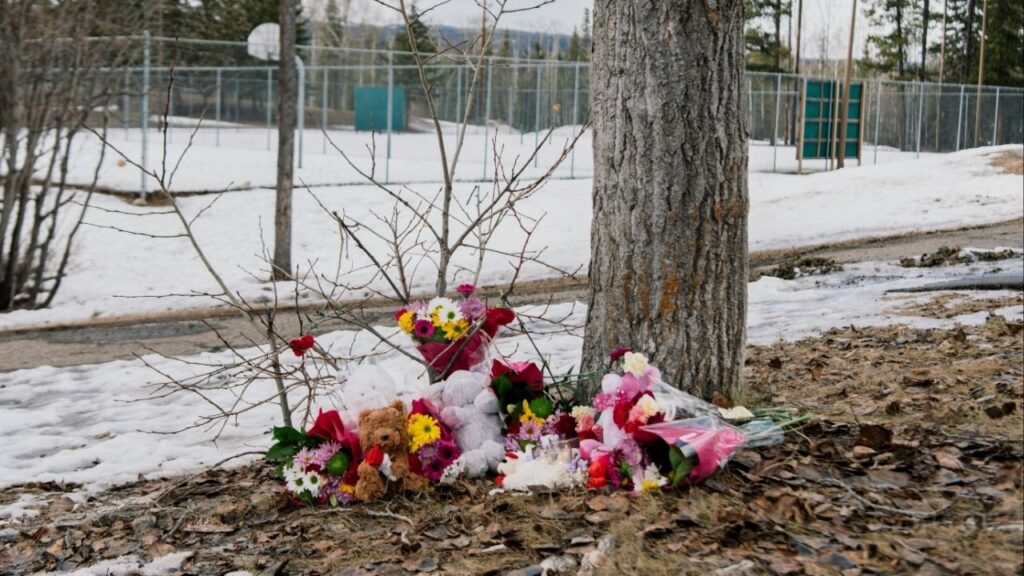Share
|
Getting your Trinity Audio player ready...
|
![]()
■Biden faces critical decision after attack on U.S. forces in Jordan.
■Anti-American militias, allied with Iran, are gaining strength in the Middle East.
■Experts suggest the U.S. should respond without major escalation.
President Biden is facing a critical decision on how to respond to the recent attack on U.S. forces in Jordan, which resulted in the death of three American soldiers.
The attack is believed to have been carried out by the Islamic Resistance in Iraq, a group that is part of a growing network of anti-American militias gaining strength in the Middle East. These groups, which include the Houthis and Hezbollah, are all allied with Iran, which uses them to maintain its influence in the region.
Despite the U.S.’s decreasing interest in the Middle East, the region continues to pull it back in. The withdrawal of American power has led to a power vacuum that these militias are eager to fill. The Biden administration now faces the difficult decision of whether to escalate the situation by responding with force, a move that could potentially lead to a larger conflict.
According to The Washington Post’s Fareed Zakaria, a large U.S. escalation would be a mistake. These militias thrive on conflict with established armies, and a large-scale response could play into their hands.
Instead, the U.S. should look for a way to respond that does not involve a major escalation. The most effective response would be to show that the U.S. can de-escalate politically, using the crisis in Gaza to create conditions for longer-term stability by addressing Israel’s need for security and Palestinian aspirations for a state.
Read more at The Washington Post.
RELATED TOPICS:
Categories

Mexico’s Senate Backs 40-Hour Workweek in Initial Vote


















